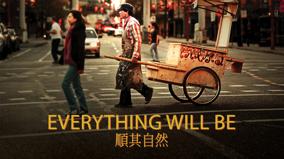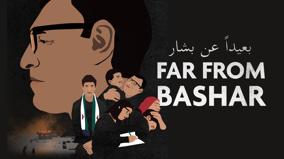New release
Coming
None
Quo Vadis, Mrs. Lumb?
1965
27 min
Leaving soon
A portrait of Jean Bessie Lumb, a Chinese-Canadian woman. Mrs. Lumb talks candidly about the prejudice she felt during her childhood in Vancouver, her arranged marriage, her occupation, raising children, and intermarriage.

Details
A portrait of Jean Bessie Lumb, a Chinese-Canadian woman. Mrs. Lumb talks candidly about the prejudice she felt during her childhood in Vancouver, her arranged marriage, her occupation, raising children, and intermarriage.
-
directorRon Kelly
-
screenplayRon Kelly
-
producerPeter Jones
-
photographyMike Lente
-
musicDonald Douglas
-
participationJean Bessie Lumb
















